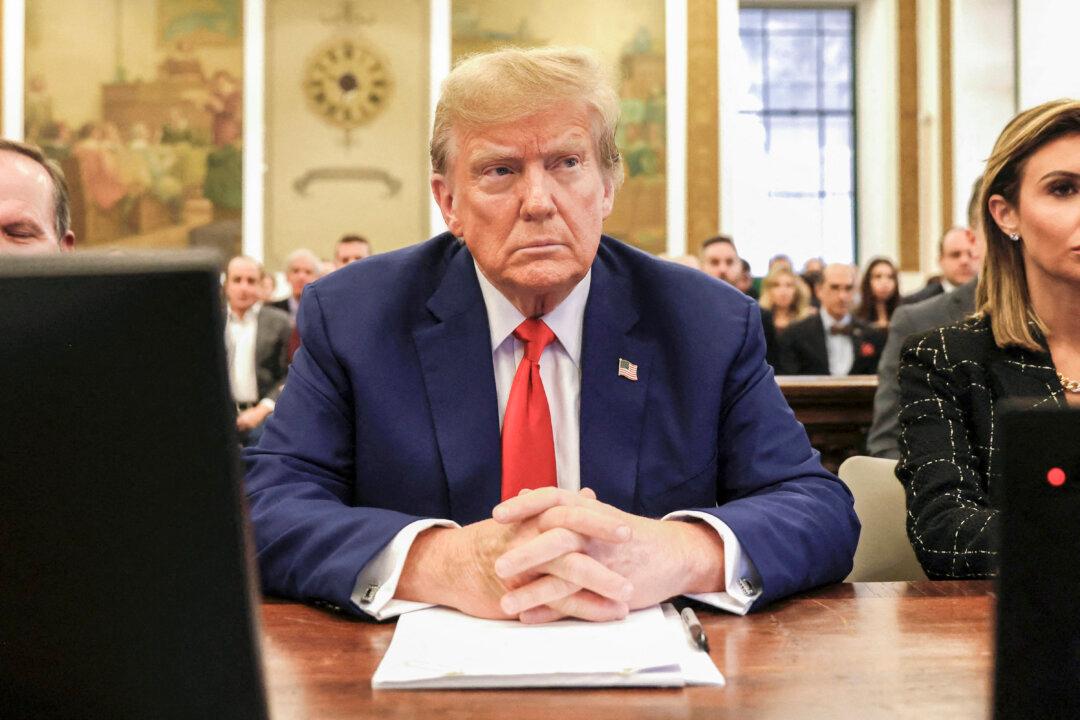Attorneys for former President Donald Trump have filed yet another appeal in the New York criminal case heading to trial on April 15, after judges with the appellate division swiftly denied two requests this week to delay the trial.
New York Supreme Court Justice Juan Merchan recently issued several rulings as the trial date is fast approaching, and defense attorneys appear to be appealing each one.





